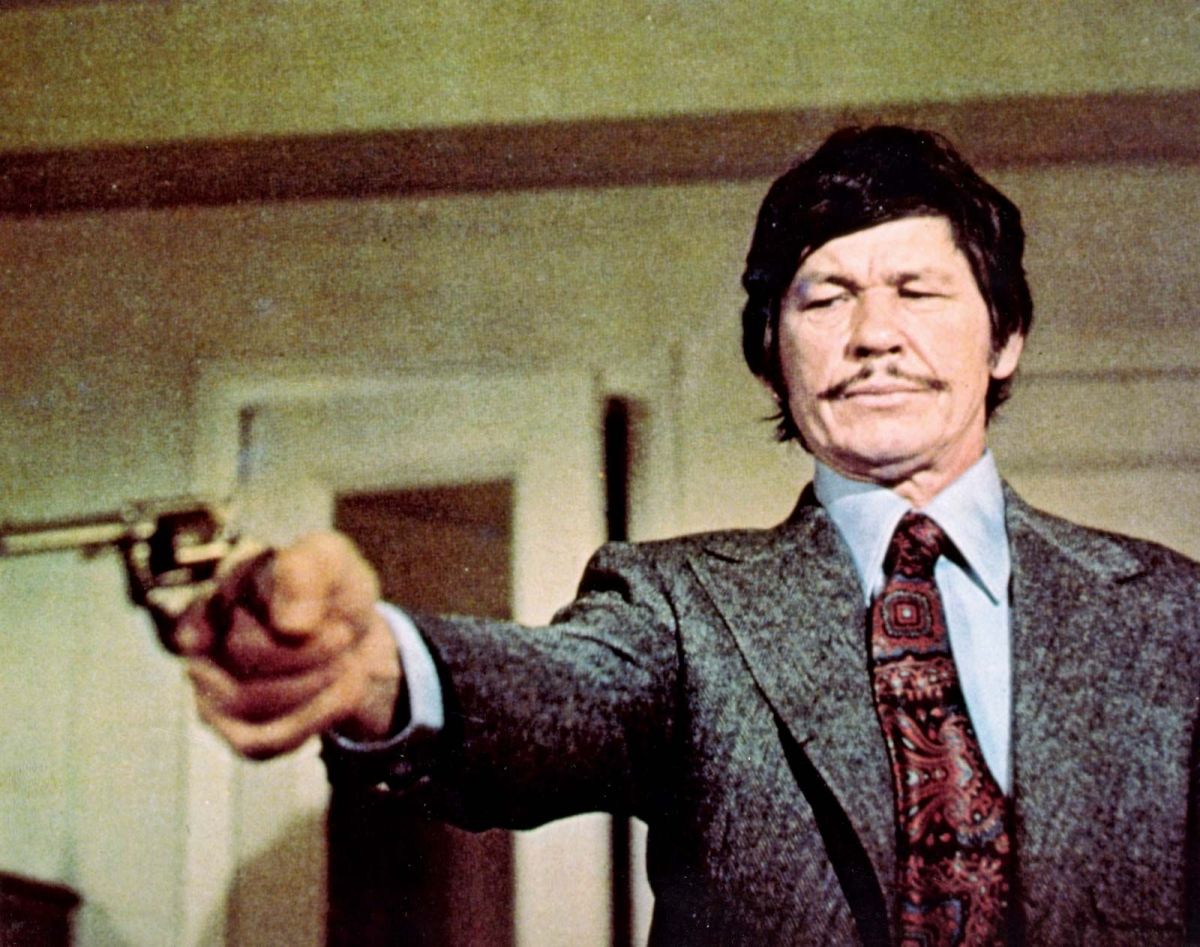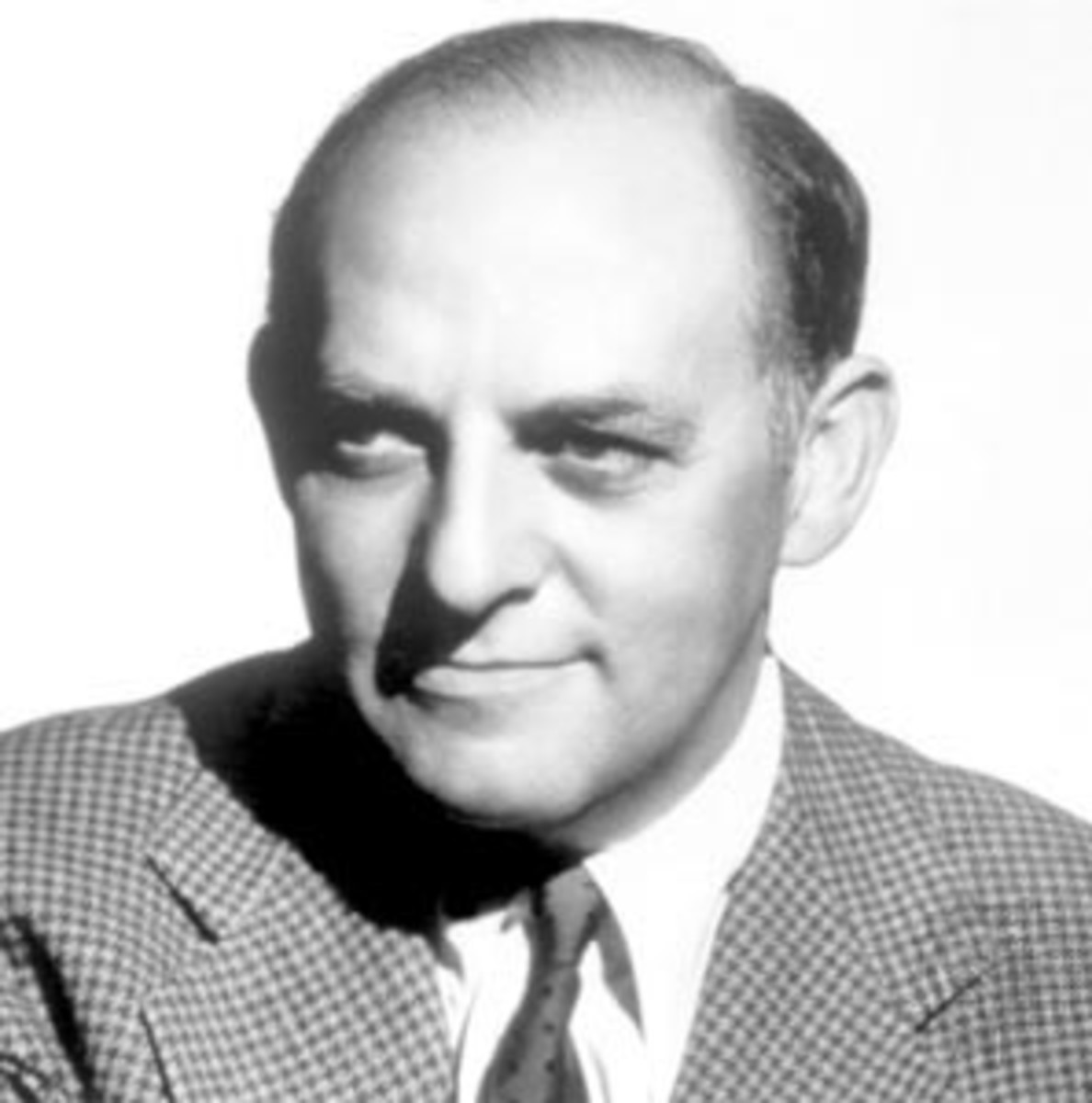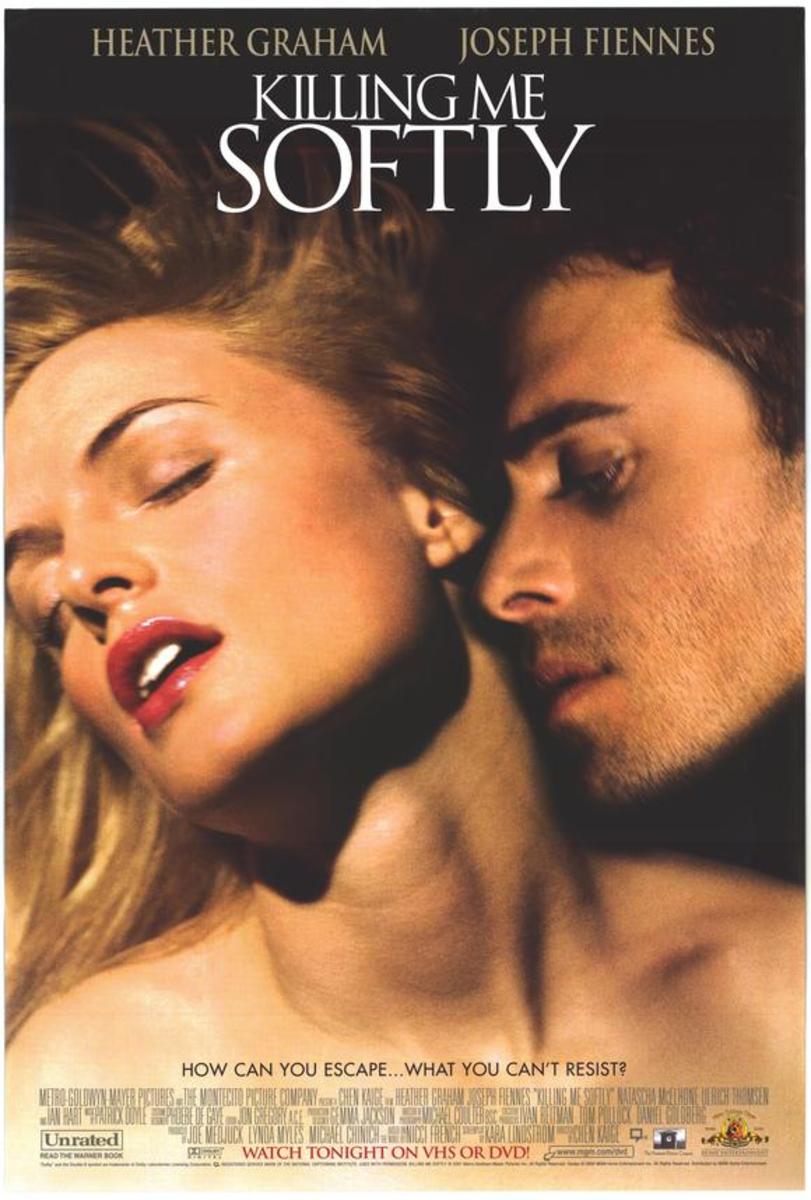William Wyler, Movie Craftsman
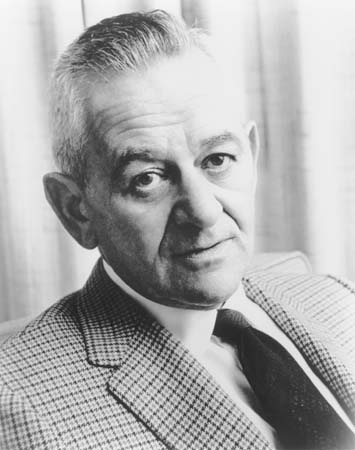
William Wyler
William Wyler is one of the two most distinguished movie directors in Hollywood history. In my opinion he and John Ford are in a league apart from other directors.
Wyler was responsible for some of the most successful films in movie history, successful, not only at the box-office, but critically acclaimed as well. Wyler became well known for his ability to bring out the best in his actors and actresses, and not by kid glove treatment. He was renowned for his tireless perfectionism and became known as "Forty-Take Wyler", but his results speak volumes for his methods.
Only John Ford with four Oscars, won more Oscars for directing, than Wyler, who won three. Wyler received a record twelve Academy nominations for Best Director; he directed the most Oscar-nominated performances (thirty five in all) and he holds the record for directing the most Oscar-winning performances (fourteen). In addition his record of directing thirteen Best Picture nominated movies and three Best Picture Winning movies, is unsurpassed.
Wyler was above all a movie craftsman. He did not have any gimmicks or trademark shots, but in his choice of themes, and in the serious liberal tone of his work, and in the popularity of his movies, he can be recognised as one of the legendary filmmakers of Hollywood's golden age.
Early Years
William Wyler was born Wilhelm Weiller, in 1902 in Alsace, then part of Germany. His father was Swiss, a haberdasher, and his mother German. After a good education at Lausanne and Paris he immigrated to the US in 1920, aged 18, upon being promised a job in Universal Studios, which just happened to be headed by Carl Laemmle, who was a cousin of his mother.
After three years as an errand and office boy in New York, he was allowed to work on actual film sets and he moved to LA where after a period as scene shifter he was given the post of 2nd assistant editor. where he worked on such films as 'The Hunchback of Notre Dame' in 1923 and, interestingly, in view of what came later, the original 'Ben-Hur'.
It was a significant movie education. He had determined to become a film director and he had now arrived in Hollywood. He was about to make his mark.
The Young Director
He had a steep learning curve but by 1925, at the age of 23 he became the youngest director at Universal starting with the low budget Westerns for which Universal were becoming famous. His first was 'Crook Buster' in 1925. Although he never legally changed his name, in the credits he was shown as 'William Wyler' which it remained throughout his career.
He spent four years making no fewer than thirty-one low budget Westerns, slowly developing and learning his craft. He learned well and by the early 1930s he had become a successful director, with several highly regarded non-western movies to his credit including The Love Trap in 1929, Hell's Heroes in 1930 and Tom Brown of Culver in 1932.
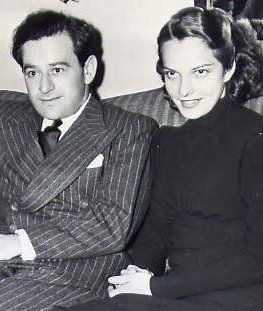
In these early years Wyler showed no inclination to concentrate on one genre and was able to successfully switch, for instance, between the tight legal drama, 'Counsellor at Law' in 1933, and an early, bright, romantic comedy written by Preston Sturges, 'The Good Fairy' in 1935.
In November 1934 Wyler married the actress Margaret Sullavan whom he had directed in 'The Good Fairy' but they divorced just 15 months later. He then married the actress Margaret Tallichet in 1938. they had 5 children and stayed together until his death.
Classic Hollywood's Golden Age

- Hollywood's Golden Age
For biographies, filmographies, and all you need to know about the glamour, the style, the sex-appeal and the sheer razamatazz of an era which produced some great films, some great directors and some of the greatest stars ever to grace the screen.
A Blossoming Genius
By 1936, Wyler had outgrown Universal which was having financial problems. He needed to spread his wings, to develop his craft further and to develop new, more creative alliances. This he did – with producer Sam Goldwyn, cinematographer Gregg Toland and star Bette Davis. His work over the next two decades cemented his reputation in America and the world as a master crafter of intelligent movies which combined serious themes with cinematic artistry and genuine audience entertainment.
The movie 'These Three' in 1936 marked the beginning of the new partnership between Wyler and Goldwyn. The two shared a commitment to high quality films often adapted from classic literature. 'These Three' was a censored adaptation of Lillian Hellman's lesbian-themed play 'The Children's Hour' but 'Dodsworth', made in the same year, and dealing with the breakdown of a marriage, was very much a Wyler film, sober, shrewd and fair. Throughout this period Wyler was maintaining a balance between the integrity of the actors' performances and his desire to experiment with the techniques of filmmaking such as framing and camera angles.
The next decade was the most fruitful and creative of Wyler's career. Classic, high quality, well crafted movies kept on coming almost on an annual basis: Dead End (1937), Jezebel (1938), Wuthering Heights (1939), The Westerner (1940), The Letter (1940), and The Little Foxes (1941). Also in 1941 Wyler won his first Academy Award for Best Director for 'Mrs Miniver', a patriotic film designed to bolster support in the US for beleaguered Britain against the Nazis.
Continuing Success
When America entered the war Wyler, who had become a naturalised American citizen in 1928, joined the US Army Air Force and served with the rank of major, directing in 1944 the documentary 'The Memphis Belle: A Story of a Flying Fortress'. This was followed in 1946 with Wyler's second Oscar winning movie, 'The Best Years of Our Lives' in which he tackles head on the problems experienced by many thousands of returning servicemen and their families as they re-adjusted to civilian life. It is a powerful film, brilliantly acted by Fredric March and Myrna Loy amongst others, and it is wonderfully entertaining. As well as Best Director, 'Best Years' also won the Academy Award for Best Picture.
Two Wonderful Wyler Movies

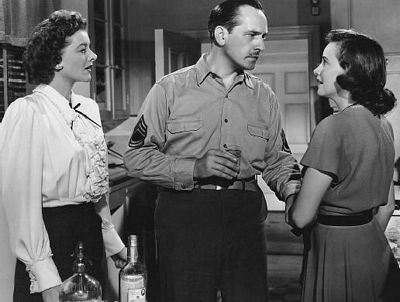
During the late 1940s and 50's Wyler grew in stature into the embodiment of a great Hollywood director. His catalogue of remarkable and successful fims continued to grow. After 'The Heiress' in 1949 which won Olivia de Havilland her second Oscar, he had a popular success with the romantic comedy 'Roman Holiday' in 1953, which introduced Audrey Hepburn to the world and in which she, too, won a Best Actress Oscar. Wyler's output continued with 'The Desperate Hours' in 1955 and 'Friendly Persuasion' the following year. He then made two big screen epics, firstly in 1958 returning to Westerns in 'The Big Country', in which Burl Ives won an Oscar for Best Supporting Actor. Then in 1959 he directed what became a record-breaking epic in 'Ben-Hur', starring Charlton Heston, an MGM remake of it's 1925 classic on which Wyler had also briefly worked at the start of his career.
Ben-Hur was a far stronger, and more substantial piece of drama than any previous biblical epic and was an unprecedented, record-breaking classic. Wyler was in charge of more crew and more extras than any other film, and it won a record 11 Oscars, including Best Picture, Best Leading Actor for Heston and Best Director for Wyler. To this day, although of course it has dated, it remains a monumental piece of work.
Magnificent William Wyler Movies
- 1953 - 'Roman Holiday', A Hollywood Delight
It is often hailed as the perfect film romance. This captivating fairy-tale with a strong comic element became one of Hollywood's biggest international hits and received ten Academy Award nominations, an incredible number for the genre. - I946 - 'The Best Years of Our Lives', Hollywood With Heart
The Best Years of Our Lives was made just after the Second World War in 1946 and portrays the adjustment problems facing returning servicemen and their families, including unemployment, adultery, alcoholism,... - 1939 - 'Wuthering Heights', Hollywood with Class
Wuthering Heights, under William Wyler's inspired direction, is generally regarded as a classic and one of the greatest romantic films ever made. It is a melodramatic tale of unrequited love, jealousy and revenge and is the film which propelled Lawre
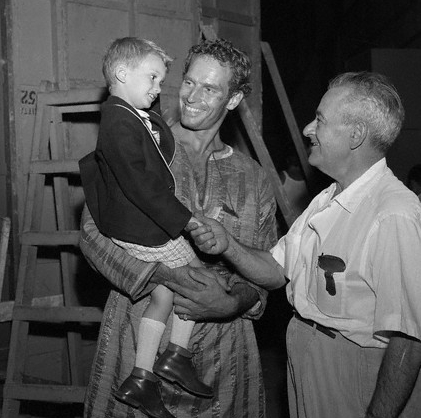
Later Life
After the undiluted triumph of 'Ben-Hur' Wyler's ouput slowed and he was to direct only 5 more movies. 'The Children's Hour' in 1961 was a more open adaptation of Lillian Hellman's lesbian-themed play, which Wyler had previously filmed as 'These Three' in 1936. The Collector in 1965 was another triumph after a 5 year break and then in 1968 'Funny Girl' was another hit in a different genre completely and in which Barbra Streisand won an Oscar in her first lead role. Two years later wyler made a noble attempt at tackling the theme of racial prejudice in 'The Liberation of L.B. Jones'.
After this Wyler's health began to fail and he made no more movies. He spent his final years travelling with his wife. William Wyler died in July 1981.
Summary
Wyler was a movie genius. It is astonishing that he tackled so many types of movie, different genres and scale: straight adaptations from the classics, like 'Wuthering Heights', light romantic comedy like Roman Holiday, intimate thrillers like 'The Collector', grandiose westerns like 'The Big Country', musical comedy like 'Funny Girl' or biblical epics like 'Ben-Hur; and succeeded in them all. No wonder Sam Goldwyn valued him so highly - he knew that Wyler produced (or rather directed) the goods. Another astonishing fact about him is that he was consistently able to combine box-office appeal - dollars - with critical approbation - no easy feat, and he did it time and again.
No matter the type or size of the movie Wyler brought all his skills to bear. He was renowned, indeed infamous for constantly retaking a scene without giving the actor any indication what was wrong with the previous takes. Thus when Charlton Heston enquired what he needed to do for a re-take he was given the terse, and typical Wyler reply, "Be Better".
Naturally this approach infuriated the strong characters with whom Wyler worked - for instance Bette Davis stormed off the set of 'The Little Foxes ' and stayed away for 2 weeks until she cooled down, but it undeniably brought results. It gave continuity to individual scenes without annoying cuts, and the frustration and annoyance of the actors gave their work a refreshing honesty. Even average actors appeared to be inspired and it is extremely difficult to find a bad performance in a Wyler film. His results speak for themselves - he directed in all fourteen Oscar winning performances by his actors - that is his legacy.
- HubPages New User Signup
Sign up -- Absolutely free and takes just seconds --Then Create a Hub (your own Web article) quickly and easily--Then Make money when visitors to your Hubs click on ads.

